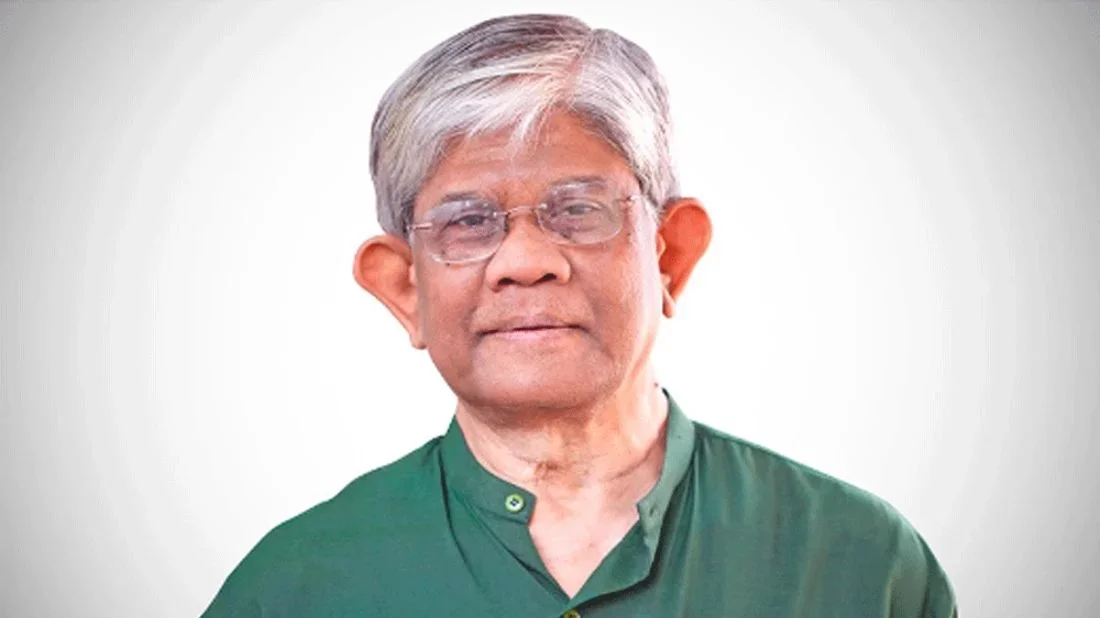Adviser: No link between dearness allowance and VAT increase
Share on:

Finance Adviser Dr Salehuddin Ahmed has said that there is no connection between the increase in VAT and the provision of dearness allowance. He explained that if dearness allowance is provided, it will be calculated separately.
He made these statements while speaking to journalists after a meeting of the Food Planning and Monitoring Committee at the Secretariat on Wednesday. Food Adviser Ali Imam Majumder was also present.
He said: “Bangladesh is one of the lowest tax-paying countries, even compared to LDCs. Our tax rates are lower than those of Bhutan, Nepal, Ivory Coast, and Burkina Faso. With such low tax revenue, how can you expect everything to be provided? Such expectations are unrealistic.”
The adviser addressed the recent VAT increase on eyeglasses, saying: "Tk125 is the price of eyeglasses, and we are adding Tk15 VAT. Is there any country in the world where eyeglasses are available for that price?”
“You pay Tk600-700 for food, but Tk20 VAT is unacceptable? We’ve zeroed the VAT on rice hotels, and you complain about Tk15 on a cup of coffee at Gloria Jean’s," he added.
He further explained: "Our revenue is so low that the full picture hasn't reached you yet—and it shouldn't, either."
He said: "I recently went to the Islamic Development Bank. When we arrived, there was a pending LNG import bill of $135 million, which we have paid. Now, another $1 million is due. The Russian Ambassador is saying- You are not paying the wheat import bill."
Salehuddin Ahmed said: "At that time (during the Awami League government), things were like this, and now you say it’s getting worse. But it wasn’t all good back then either.”
He added: “Most of those who criticize are students. They talk about increasing revenue. But where are we going to raise it? It's not enough to just say it. We are looking for areas where it makes sense, and we will try."
The adviser also said: "On the expenditure side, we will be more economical. There are many unnecessary government expenses. A five-year project is taking 10 years to complete.”
“There are large projects where the estimated cost was Tk25,000 crore, but the spending has reached Tk52,000 crore. Where will the money come from? We have to repay these expenses," he added.

